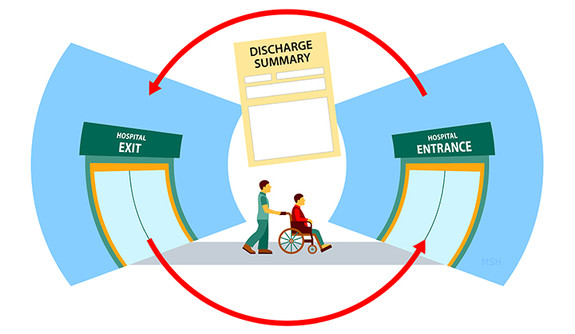Predict the risk level of surgery, the likelihood of the patient developing a complication, and recommended interventions to avoid that. Data sets like patient demographics, past medical history, past surgical history, and lab work are used to predict risk scores

Understand the Use-case under 5 minutes

Video (2 minutes)
UF researchers use Machine Learning to predict surgical complications. When tested, the algorithm’s prediction of complications was “significantly better” than physicians’ initial risk assessments.
Watch
Article (1 minute)
Minimize the risk of potential surgery complications and improve patients surgical outcomes with Artificial Intelligence (AI)
VisitGet to know more Business and Technical details about the use-case (15-30 minutes)
More detailed introduction covering business and technical aspects

Article (7 minutes)
Expanding on the types of Surgical Risk Factors, How current patient risk assessment are conducted, and the role AI can play to Personalize Care and make surgery Safer
Read
Video (3 minutes)
In this article you will learn how Algorithms modeled on biological neural networks can predict whether patients will need further corrective treatment or not.
ReadCase studies, Organizational Aspects, Return on Investment examples

Case Study
Using AI to accurately assign patients undergoing the TAVR procedure to either floor care or ICU post-surgery, by predicting their Length of Stay (LOS) post operation. This resulted in to $12 Million cost saving
Read
Case Study
Prediction of surgical site infection and Risk-Based use of negative pressure therapy on closed Incisions for vascular surgery.
Read
Case Study (20 minutes)
Using Random Forest as a model of individual death prediction for cardiac surgery in patients with congenital heart disease
Visit
Article (8 minutes)
Showing the difference between using classical techniques for calculating readmission risk (like LACE score) vs AI. AI provides better accuracy and up to $6.5 Million in cost savings for hospitals
ReadMore details on the technical aspects of the use-case

Paper (32 minutes)
In an effort to better identify high-risk surgical patients from complex data, a machine learning project trained on Pythia was built to predict postoperative complication risk
Visit
WhitePaper
The principal objective of this proposal is to develop and test a software platform that links accurate and objective risk stratification with evidence-based interventions targeting specific complications
Read
Paper
Demonstrating the performance of machine learning models in predicting postoperative complications following anterior cervical discectomy and fusion
ReadTechnical resources that will help you implement the use-case (notebooks, tutorials..)

In this study we address the need to provide an accurate patient specific risk prediction for one-year postoperative mortality or cardiac transplantation and prolonged length of hospital stay
Visit
This study intends to investigate the feasibility of using a machine-learning model to predict surgical outcomes in patients undergoing gastrectomy.
Read
Using data from over 2,000 patients who had undergone laser eye surgery to establish the link between surgery failure and 13 factors that have been reported to influence treatment outcomes
Read
Predicting in-hospital mortality, postoperative acute kidney injury and postoperative respiratory failure. Data used from 80,000 patients: Patient history, laboratory values, intraoperative vital signs, & more
ReadData Sets you can use to build Demos, POCs, or test Algorithms
Data for over 40,000 patients who stayed in critical care units between 2001-2012, including: demographics, vital sign measurements made at the bedside (~1 data point per hour), laboratory test results, procedures, & more
An update to MIMIC-III, which incorporates contemporary data and improves on numerous aspects of MIMIC-III. MIMIC-IV adopts a modular approach to data organization, highlighting data provenance and facilitating both individual and combined use of disparate data sources.
Got a Question or a Resource to share with the Community? Please do!
Copyright © 2025 AI Cases. All rights reserved
Session expired
Please log in again. The login page will open in a new tab. After logging in you can close it and return to this page.